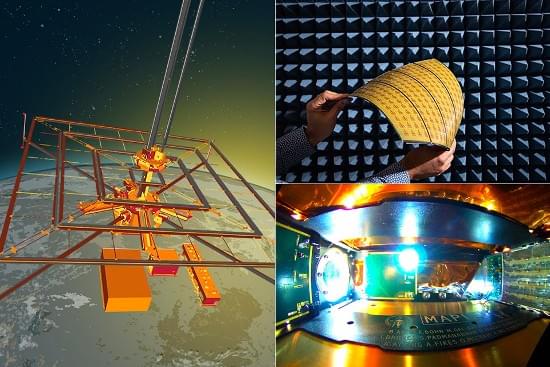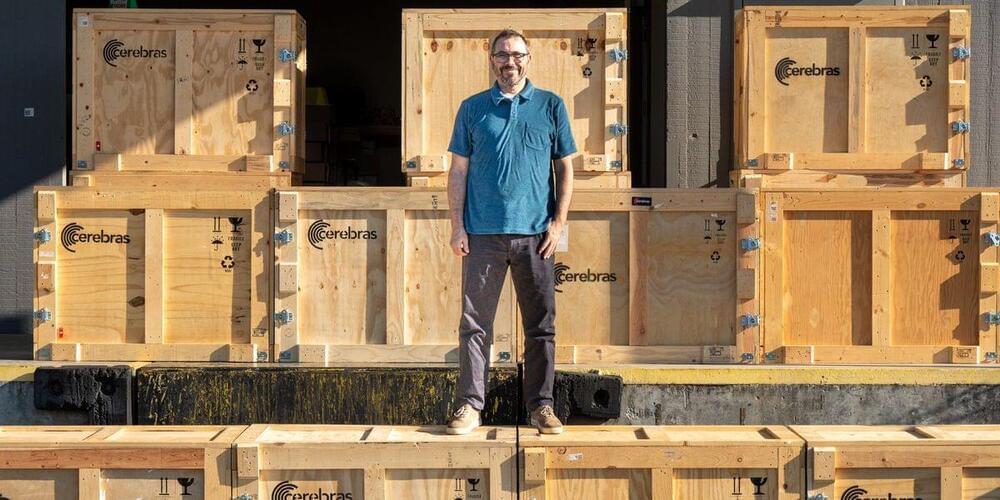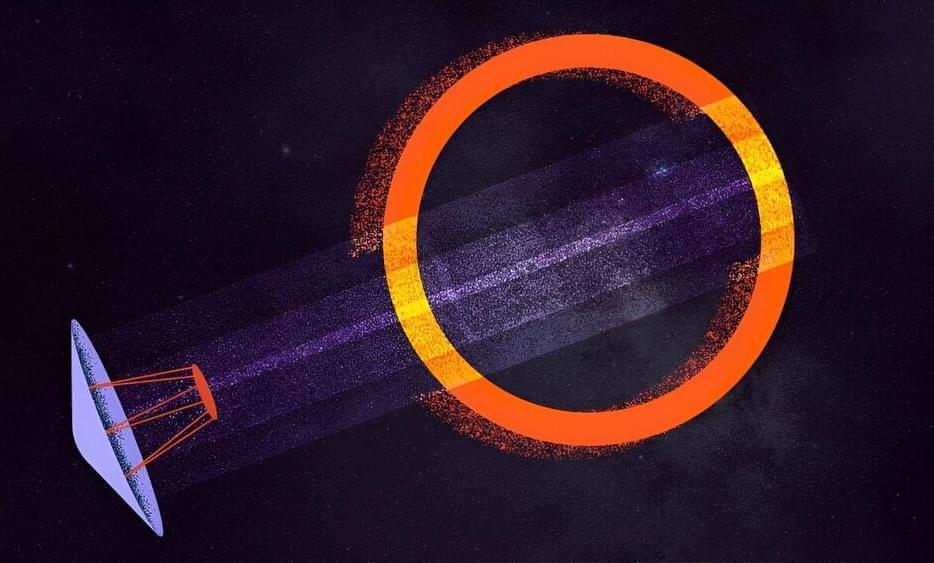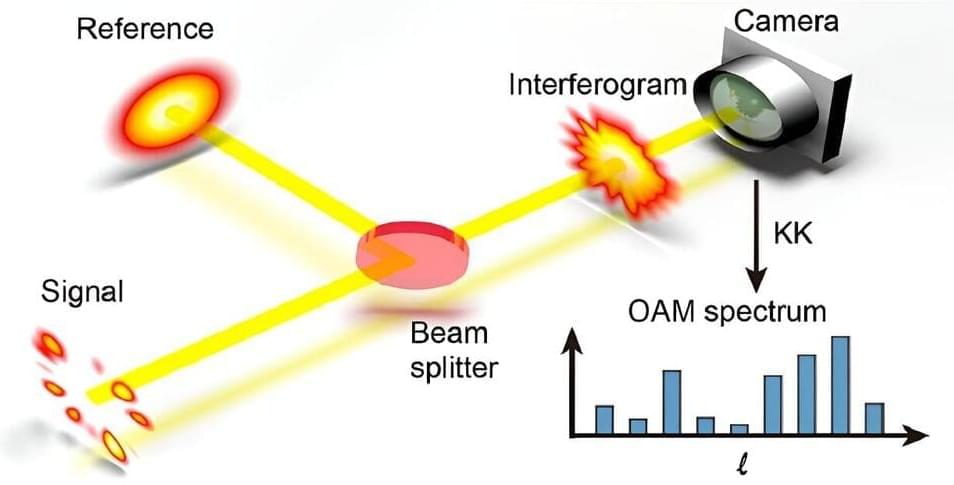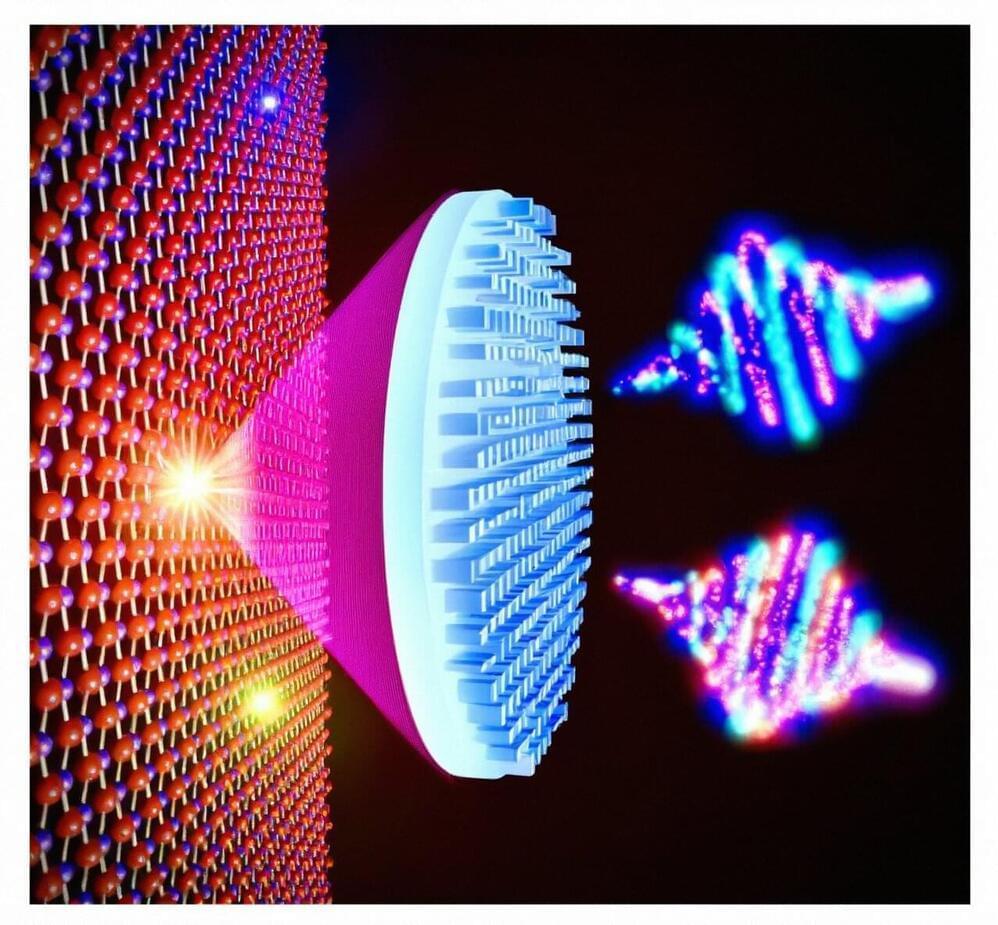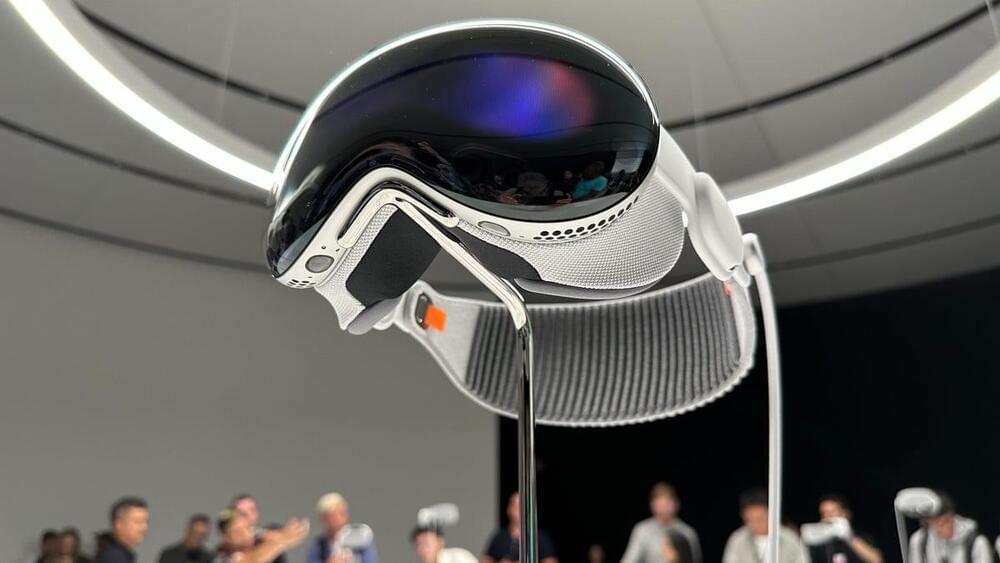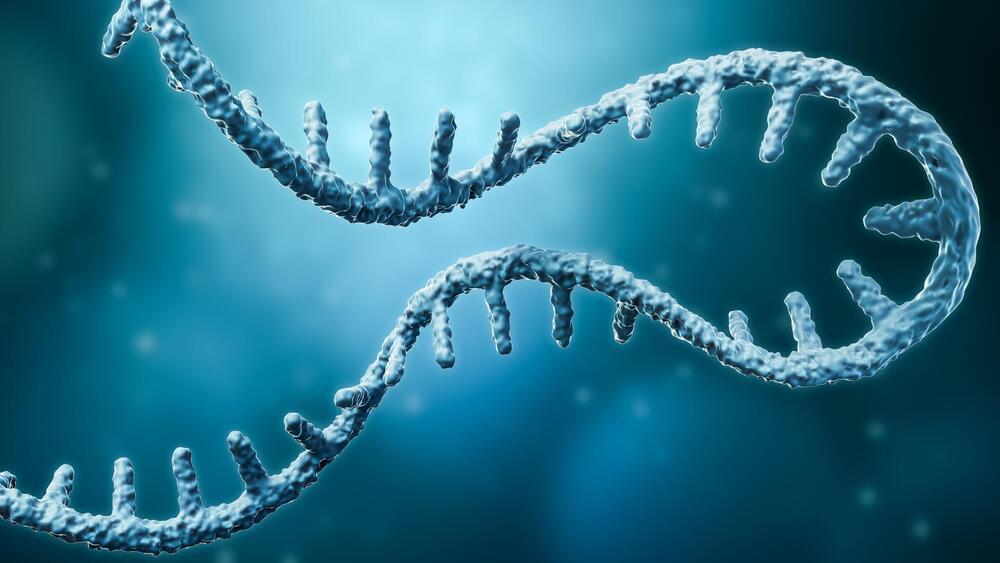Structured light waves with spiral phase fronts carry orbital angular momentum (OAM), attributed to the rotational motion of photons. Recently, scientists have been using light waves with OAM, and these special “helical” light beams have become very important in various advanced technologies like communication, imaging, and quantum information processing. In these technologies, it’s crucial to know the exact structure of these special light beams. However, this has proven to be quite tricky.
Interferometry—superimposing a light field with a known reference field to extract information from the interference—can retrieve OAM spectrum information using a camera. As the camera only records the intensity of the interference, the measurement technique encounters additional crosstalk known as “signal-signal beat interference” (SSBI), which complicates the retrieval process. It’s like hearing multiple overlapping sounds, making it difficult to distinguish the original notes.
In a recent breakthrough reported in Advanced Photonics, researchers from Sun Yat-sen University and École Polytechnique Fédérale de Lausanne (EPFL) used a powerful mathematical tool called the Kramers-Kronig (KK) relation, which helps with understanding and solving the problem. This tool enabled them to untangle the complex helical light pattern from the camera’s intensity-only measurements for single-shot retrieval in simple on-axis interferometry. Exploring the duality between the time-frequency and azimuth-OAM domains, they apply the KK approach to investigate various OAM fields, including Talbot self-imaged petals and fractional OAM modes.

